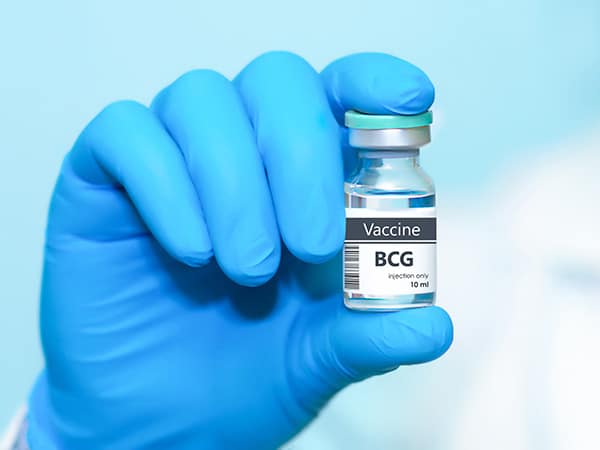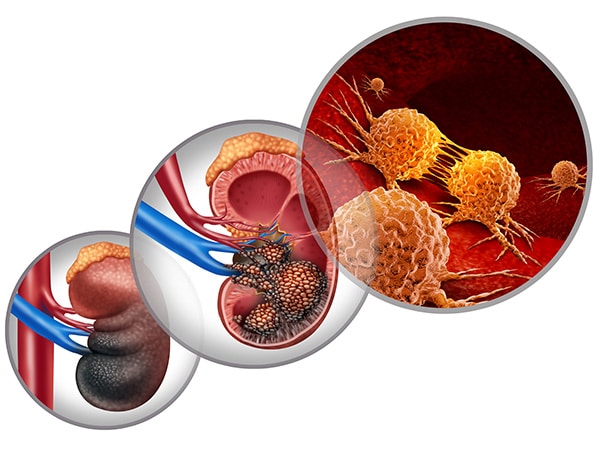From the Journals: High Glycemic Index Associated With Increased Risk of Lung Cancer

According to Xifeng Wu, MD, PhD, who conducted the study along with colleagues at The University of Texas MD Anderson Cancer Center, the study’s results suggest that diet alone, or combined with other factors, may impact the cause of lung cancer.
This study has garnered considerable attention from the media – you can learn more about Wu and colleagues’ study from NBC Nightly News, CNN.com, Fortune, Vice, HealthDay, and U.S. News & World Report. You can also read the full press release.
Glycemic index (GI) gives foods an indexed value to demonstrate how quickly and in what amount carbohydrates in the food cause blood glucose levels to rise after eating. In Wu and colleagues’ study, the subjects self-reported food intake and were then broken into quintiles based on their GI. Overall, those who ate foods with the highest GI – those in the highest quintile – had a 49 percent greater risk of lung cancer than those in the lowest quintile. Among never smokers, those in the highest quintile of GI were more than twice as likely to develop lung cancer as those in the lowest quintile.
Wu said the study has immediate impact for patients and health-care providers. “The results from this study suggest that, besides maintaining healthy lifestyles, reducing the consumption of foods and beverages with high glycemic index may serve as a means to lower the risk of lung cancer,” Wu said.




